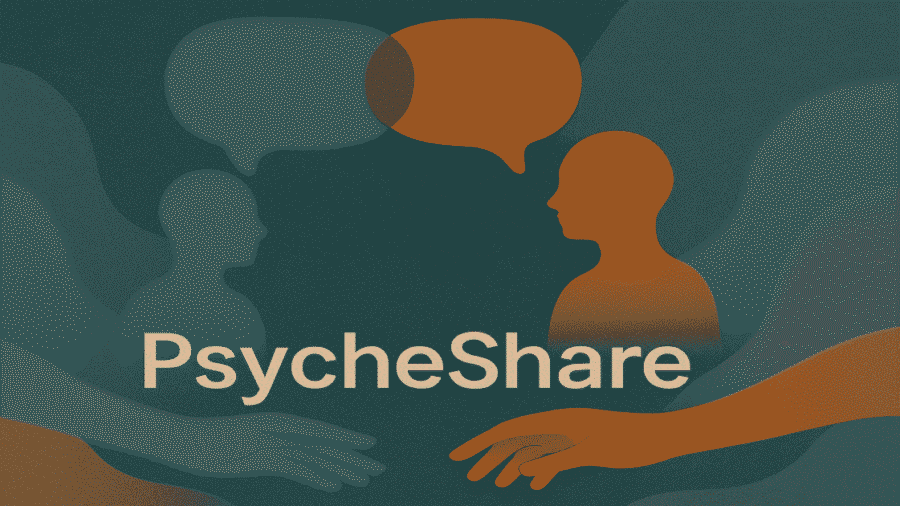My husband, Charles, passed away on a Tuesday in October. The sky was bright, almost cruel in its beauty. He had been raking leaves in the backyard of our Connecticut home, wearing his favorite navy sweater, the one I had knitted for him when we were still newlyweds. A heart attack, the doctors said. Sudden. Quick. Painless, they hoped.
We had been married for twelve years. Not unhappily. But not fully, either.
Before the Silence
Charles was the kind of man who made life feel safe. Steady. Predictable. He taught economics at a small community college. He rose at 6:00 every morning, made black coffee, read The Wall Street Journal, and left precisely at 7:15. I used to joke that I could set my watch to his footsteps down the hall.
I loved him. At least, I believe I did. But I also disappeared inside our life.
I had given up my music—my first love, my piano, my teaching gigs at the studio downtown—slowly, quietly. At first it was because the hours conflicted with his. Then it was because we wanted to save for a house. Then because we were trying for a child. Then, because it was simply what I did not do anymore.
Sometimes, when he was away at conferences, I would sit at the old upright in the guest room and play Chopin until my fingers ached. But I never told him.
After the Fall
In the days following Charles’s death, the house felt too symmetrical. Too quiet. I remember standing in our bedroom, watching the dust settle on his dresser, and realizing I did not know who I was anymore.
There were casseroles, kind letters, a memorial service at the college. I played the part of the grieving widow well—dignified, appreciative, still. People said things like, “You were lucky to have such love.” And perhaps I was.
But I was also haunted by a feeling I could not name.
It took me a month to touch the piano again. It sat there like a sleeping dog, waiting. When I finally sat on the bench, I cried after the first note. Not because it sounded sad—but because it sounded like me.
I began to play every evening, sometimes until midnight. Bach, Beethoven, original compositions that spilled out of my hands as though they had been waiting twelve years to escape. I did not plan it, and I did not question it. I simply played.
Rediscovery
I started attending open mics in town. At first, I just listened. But one rainy Thursday night, I signed my name on the list at a bookstore café called The Hollow Birch. My hands trembled as I walked to the small upright near the window. I played a piece I had written two weeks after the funeral, called Still Autumn.
When I finished, no one clapped immediately. For a second, I thought I had failed. But then a woman in the front row began to cry. She walked up to me after and said, “That sounded like what grief feels like before it has a name.”
I did not realize until that moment how deeply I had wanted to be heard—not as a wife, not as a widow, but as myself.
One performance led to another. A writer at the local paper interviewed me. “Widow Finds Healing Through Music.” The headline felt shallow, but I understood the sentiment.
What people did not see were the quiet battles—getting out of bed on cold mornings, learning how to file taxes alone, walking through Target and realizing no one would ever ask me if I wanted the blue towels or the gray ones.
But there were small victories too.
Like the day I laughed, really laughed, at a bad joke a fellow performer told. Or the first time I heard someone say, “Margaret, the pianist,” and realized they were talking about me.
A New Voice
Today, I teach music again. I host workshops for women who have lost partners, children, careers, or parts of themselves. We do not talk much at first. We play. We listen. We let the silence say what words cannot.
I will not pretend that I no longer miss Charles. I do. Sometimes I still wake up and reach for him. Sometimes I still buy his brand of tea out of habit. But grief has softened into gratitude. And in the space he left behind, I found the sound of my own voice.
Not the voice that spoke in dinner conversations or polite replies, but the voice that dances through chords and speaks in melody. The voice I thought I had abandoned for love.
But perhaps love does not ask us to silence ourselves.
Perhaps real love asks us to become more of who we are.
And if that is true, then I have not lost Charles. I have found Margaret.



Add a Comment